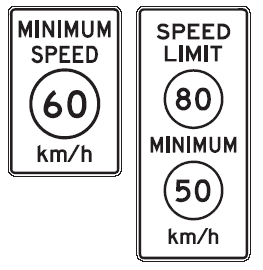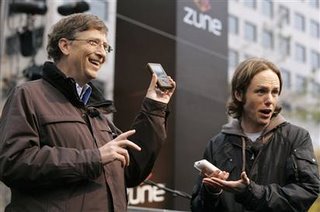
I fully support a poster on
The Star's Citizen's Blog who called for a
minimum speed limit, especially on our highways. This system has long been in place in developed countries like the US, where you can even get a ticket for driving
too slowly on a highway.
Some drivers in Malaysia seem to operate with the faulty logic that "if speed kills, then slower must be safer." Such drivers not only impede traffic but they also pose a serious danger to other drivers, simply because they do not understand the concept of
relative speed.Assume, for example, that one driver decides to drive at 30kph on the North-South highway, while everyone else is driving close to the speed limit of 110kph. Then the relative speed of the slow and fast cars is 80kph (110-30 = 80).
Now imagine if you were driving at 80kph and you suddenly spot a car parked (stationary) right in the middle of the highway. How fast do you think you can react to this sudden threat? That is is exactly the danger which slow drivers pose to those who are driving faster. Mind you, the faster drivers are not "speeders" or "racers", if they keep within the 110kph limit.
Worse, it can be difficult to judge a speed of another car while it is moving (even at 30kph), so the other drivers may have even less time to react. Plus, one would (reasonably) assume that cars would not be moving so slowly on a highway.
So all you "
Lembu" (slowpoke) drivers out there, keep off the highway for your own safety, and that of others!
image courtesy of U.S. Metric Association

